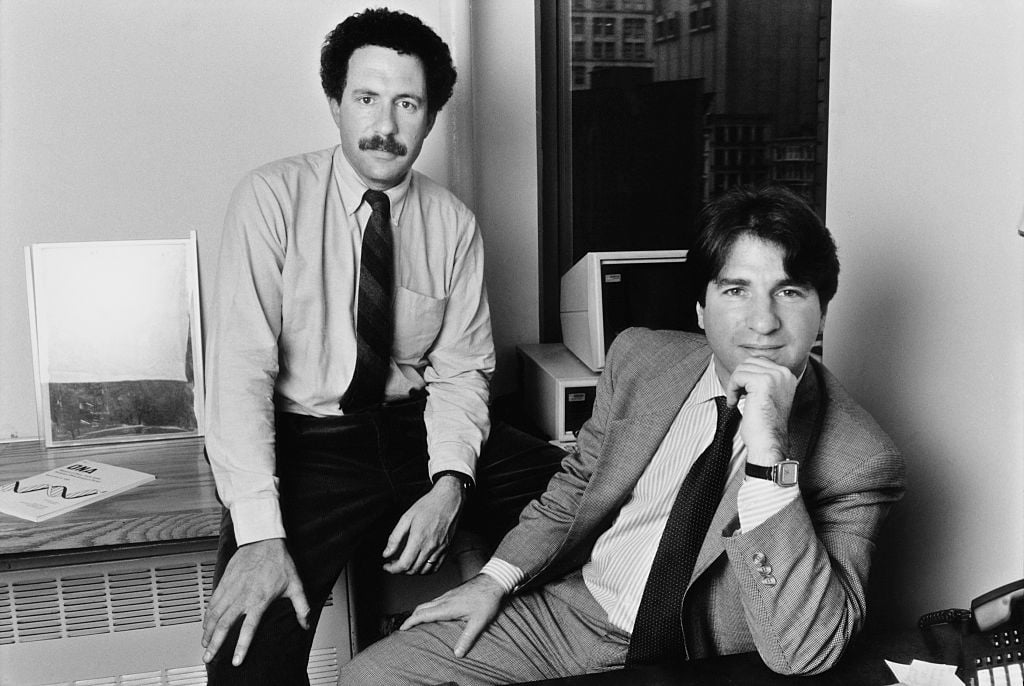‘The Innocence Files’ Is the Next Binge-Worthy Netflix Series
Making a Murderer cracked open the door to a world-wide interest in wrongfully convicted criminal cases. Now, Netflix is continuing to educate people on those wrongfully convicted individuals with another docuseries, The Innocence Files.

The Innocence Project
Founded in 1992 by Peter Neufeld and Barry Scheck, The Innocence Project seeks to exonerate wrongly convicted individuals. Through revolutionary advancements in DNA testing and criminal justice reform, those who work for The Innocence Project seek to prevent future injustice. According to their website, The Innocence Project has exonerated 367 people by DNA testing, including 21 who served time on death row.
The Innocence Project has a network of people across the United States working to exonerate the wrongfully convicted and support them as they re-enter their lives. Each chapter also works to improve case law legislation, push for new laws in their state that prevent wrongful conviction, and educate legal professionals on how they can avoid similar mistakes in the future.
What is ‘The Innocence Files’ about?
Directors and executive producers Alex Gibney, Liz Garbus, and Roger Ross Williams created The Innocence Files, a docuseries that follows the work of The Innocence Project. “We get flooded with letters from all over the country. They’re human beings who are claiming to be wrongly convicted,” Neufeld says in the trailer. Scheck adds: “We realized that there were so many things wrong with this system, so we started The Innocence Project.”
The Innocence Files will recount eight stories of wrongfully convicted cases that Neufeld and Scheck worked on. The series will contain nine episodes that are grouped into three categories: “The Evidence,” “The Witness,” and “The Prosecution.” Netflix’s latest docuseries will look at those components of the justice system and entice viewers to consider the potential for flaws in a court of law that result in an unjust guilty verdict.
In “The Evidence,” bite-mark science is criticized and deemed unreliable for conviction after being proven wrong in different cases. “The Witness” chapters examine eyewitness testimonies to demonstrate how stories can change under moments of intense stress or duress. Finally, in the concluding chapters that look at “The Prosecution,” witness intimidation, coercion, and the suppression of evidence are discussed.
Famous wrongful convictions featured in ‘The Innocence Files’
Kennedy Brewer is one of the famous wrongful conviction cases The Innocence Files highlights. Brewer was convicted for capital murder of a 3-year-old and sentenced to death row. His case is featured in “The Evidence” portion of the docuseries, as DNA testing proved he didn’t commit the crime in 2001. Brewer famously became known as The Innocence Project’s first exoneration through post-conviction DNA testing in Mississippi.
Thomas Haynesworth is another wrongfully convicted case covered in the docuseries. Haynesworth was convicted on multiple counts of rape in 1984 and exonerated in 2011 with a Writ of Actual Innocence Based on Non-Biological Evidence.
The Innocence Files will also examine the cases of Chester Hollman III, Kenneth Wyniemko, Alfred Dewayne Brown, Franky Carrillo, Levon Brooks, and Keith Harward.
The Innocence Files debuts on Netflix April 15, but Scheck is already hopeful for a second season. He told New York Daily News, “There are plenty of other issues. And, of course, race remains the most intractable and important problem in almost all of them.”


